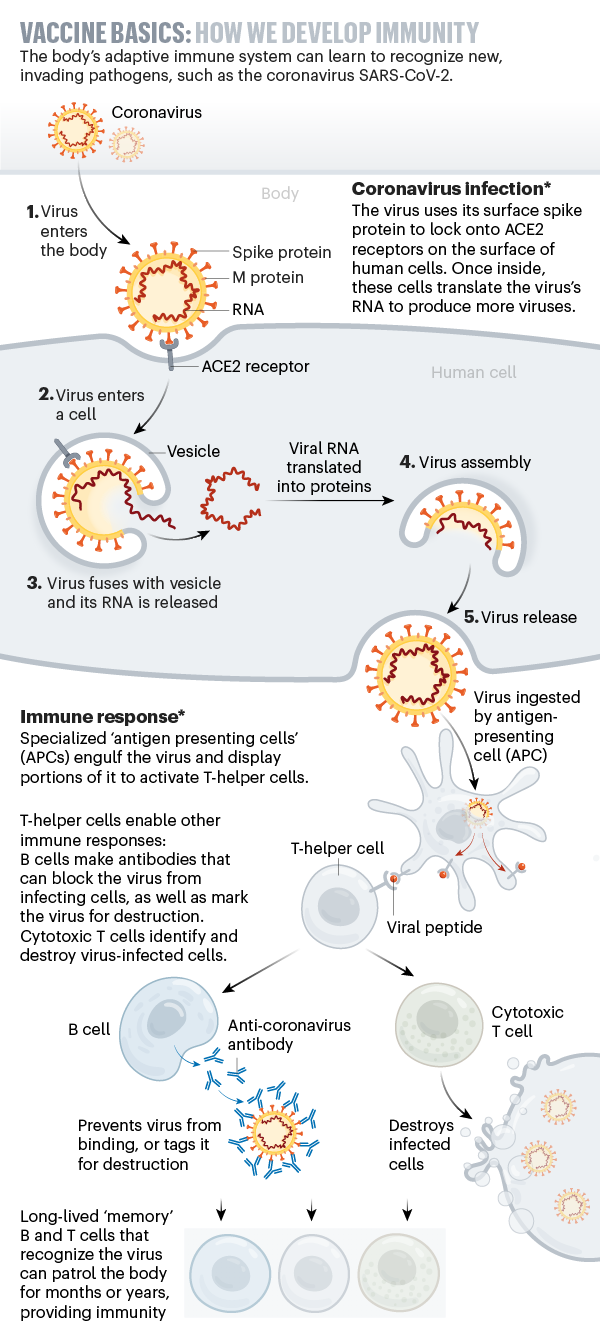Social Justice
Covid-19 Vaccine Distribution
This editorial is based on “The best way to vaccinate most Indians in the least time” which was published in The LiveMint on 14/09//2020. It talks about government policy for Covid-19 vaccine distribution.
Recently, due to some unintended results, the Covid-19 vaccine trial has been paused. Such a step can increase people’s faith in the safety procedures involved in vaccine development. As Covid cases rise with increasing economic activity, the only way forward for India is to formulate a sensible acquisition and pricing policy for a coronavirus vaccine, when it becomes available.
As the private sector is leading the research for Covid-19 vaccine, the role and independence of vaccine manufacturers and free-market become very crucial. However, being a welfare state, while ensuring adequate profit to private researchers/developers, the Indian government needs to frame a policy that ensures the fastest delivery of a vaccine for the largest number of people.
Thus, the government needs a policy which can ensure both acquisition of vaccines for poor people and pricing strategies so that the private sector remains motivated to deliver safe and effective vaccines.
Present Scenario For Development of Vaccine
- The Covid-19 pandemic has created a very large market for the vaccine, and the incentives of vaccine developers are well-aligned with society at large.
- Indian manufacturers, frontrunners at mass-producing vaccines, have struck deals with most vaccine developers and global pharmaceutical companies. This places India in a unique position to get early access to a vaccine.
Issues Related to Vaccine Distribution
Utilization of Covid-19 vaccine will be influenced by three factors or three Cs (Convenience, Complacency, Confidence)
- Convenience: It implies the physical proximity or availability of vaccination to the masses.
- A recent Lancet study pointed out, some wealthy nations have secured more than 2 billion doses of potential future Covid-19 vaccines using advance purchase agreements. This would certainly create a scarcity for developing countries like India.
- Further, distributing the vaccine across India will need a sophisticated cold chain system.
- Complacency: With respect to diseases, a lot of people tend to think that their personal risk is low.
- “Optimism bias," as it is called, makes vaccination seem unnecessary to them. However, this behaviour can prove fatal in battling a pandemic like Covid-19 pandemic.
- Confidence: Public trust in the efficacy and safety of the vaccine is crucial whenever a new vaccine is launched.
Way Forward
- Working for Availability of Vaccine: Once a safe and effective vaccine is available, it should be a high priority to ensure that it is easy for everyone to have access to it. In this pursuit:
- India should consider joining the COVAX platform (Covid-19 Vaccine Global Access advance purchase agreement). It offers a diversified portfolio of vaccines to all participating countries.
- Collaboration with the private sector will also help, in this direction the government is already working with pharmaceutical companies like the Serum Institute of India.
- Market Pricing Along with Direct Benefit Transfer: This would mean lower immediate cost of rollout (due to competition and high demand) and targeted subsidy to the needy.
- In this, vaccines for the poor should be paid for by the government at cost and a free market for the vaccine should operate for those who can afford it.
- As any vaccinated person, rich or poor, will inadvertently protect others. Even if the rich get vaccinated first by buying it at a market price, this will ease the burden on the medical system and high prices will also incentivize greater supply of vaccines swiftly to locations where they are most in demand.
- Further, the government by paying for the vaccine doses will ensure India doesn’t destroy its own long-term private vaccine production capacity and is promoted as a pharmaceutical hub in the world.
- Launching an Awareness Campaign: Government should launch a massive awareness campaign highlighting the flaw in optimism bias in some sections of society. It can also help to emphasize that vaccination protects not only those who get vaccinated but also others whom they might otherwise infect.
Conclusion
The Covid-19 vaccine is certainly a social good but its development largely depends on the hands of the private sector. Therefore, the government must cautiously frame vaccine distribution policy to ensure the greatest good to the greatest number.
|
Drishti Mains Question Any Covid-19 vaccine development will be influenced by mainly three factors Convenience, Complacency and Confidence. Comment |
This editorial is based on “The second chair: On Lok Sabha Deputy Speaker” which was published in The Hindu on September 14th, 2020. Now watch this on our Youtube channel.





